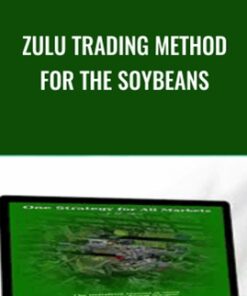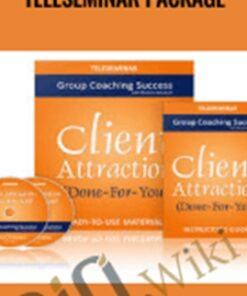-
×
 Bill Twyford and Dwan Twyford - Short Sales Apprenticeship Program
1 × $89.00
Bill Twyford and Dwan Twyford - Short Sales Apprenticeship Program
1 × $89.00 -
×
 Zulu Trading Method For The Soybeans - Joe Ross
1 × $18.00
Zulu Trading Method For The Soybeans - Joe Ross
1 × $18.00 -
×
 Autoresponder Alchemy
1 × $34.00
Autoresponder Alchemy
1 × $34.00 -
×
 1% Better Every Day Strength Building System - Ricky Lundell
1 × $32.00
1% Better Every Day Strength Building System - Ricky Lundell
1 × $32.00 -
×
 $0 to $100,000 on Amazon (Premium Live Training) – Matt Clark and Jason Katzenback
1 × $193.00
$0 to $100,000 on Amazon (Premium Live Training) – Matt Clark and Jason Katzenback
1 × $193.00 -
×
 “Done-For-You” Client-Attraction Teleseminar Package – Michelle Schubnel
1 × $80.00
“Done-For-You” Client-Attraction Teleseminar Package – Michelle Schubnel
1 × $80.00 -
×
 Adronis 4 Phase Courses - Brad Johnson
1 × $42.00
Adronis 4 Phase Courses - Brad Johnson
1 × $42.00 -
×
 2-Day Intensive Training: Shame, Guilt and Self-Criticism Certificate Course - Pavel Somov
1 × $124.00
2-Day Intensive Training: Shame, Guilt and Self-Criticism Certificate Course - Pavel Somov
1 × $124.00
You may be interested in…
-
Add
 Teach Yourself - Vietnamese
$17.00
Teach Yourself - Vietnamese
$17.00 -
Add
 10X Formula Strategy – Simpler Trading
10X Formula Strategy – Simpler Trading
$997.00Original price was: $997.00.$52.00Current price is: $52.00. -
Add
 101: Access Your Psych Capital - The ReThink Group
101: Access Your Psych Capital - The ReThink Group
$500.00Original price was: $500.00.$90.00Current price is: $90.00.